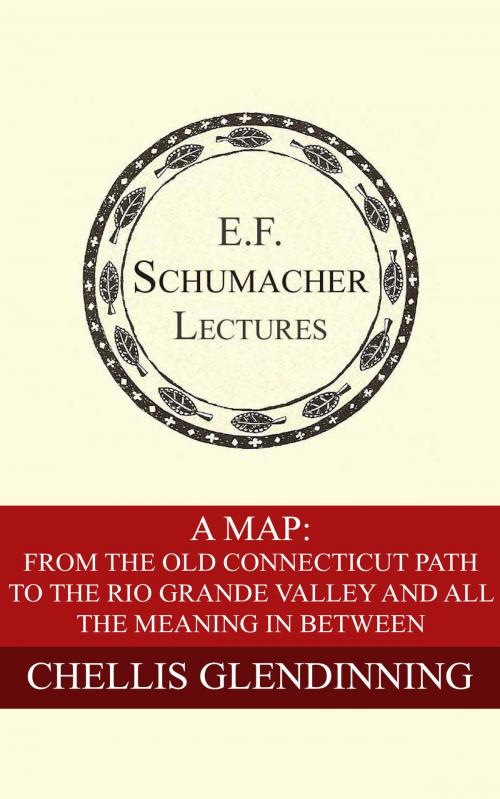A Map: From the Old Connecticut Path to the Rio Grande Valley and All the Meaning in Between
Nonfiction, Social & Cultural Studies, Social Science, Cultural Studies, Native American Studies, Science & Nature, Nature, Environment, Environmental Conservation & Protection| Author: | Chellis Glendinning, Hildegarde Hannum | ISBN: | 1230000878050 |
| Publisher: | Schumacher Center for a New Economics | Publication: | January 6, 2016 |
| Imprint: | Language: | English |
| Author: | Chellis Glendinning, Hildegarde Hannum |
| ISBN: | 1230000878050 |
| Publisher: | Schumacher Center for a New Economics |
| Publication: | January 6, 2016 |
| Imprint: | |
| Language: | English |
The collection of lectures and publications from the Schumacher Center for a New Economics represents some of the foremost voices on a new economics.
"I come to you from a place where the earth is pink”—thus Chellis Glendinning begins her warm evocation of place, the place in New Mexico where she lives, the particular spots on the map where other people have learned to set their roots, connect with the land, and live their lives in effective harmony with their surroundings. She contrasts the way in which the Europeans who invaded America (including her ancestors) regarded place as the battleground for empire and exploitation with the way the mostly Chicano people she lives among—the "down-to-earth people"—regard their place. They are trying to resist that empire, fighting against Wal-Marts and the Bureau of Land Management and the developers stealing from their ancient land grants. But however ugly and powerful the forces of what Glendinning terms the "global economic empire” may be, the challenge to them is really based on a deep feeling for place that she calls "a map of love;” in today's world, as she puts it, "loving the earth is a political act.” And this map, she shows, can apply to all of us, no matter where we live.
The collection of lectures and publications from the Schumacher Center for a New Economics represents some of the foremost voices on a new economics.
"I come to you from a place where the earth is pink”—thus Chellis Glendinning begins her warm evocation of place, the place in New Mexico where she lives, the particular spots on the map where other people have learned to set their roots, connect with the land, and live their lives in effective harmony with their surroundings. She contrasts the way in which the Europeans who invaded America (including her ancestors) regarded place as the battleground for empire and exploitation with the way the mostly Chicano people she lives among—the "down-to-earth people"—regard their place. They are trying to resist that empire, fighting against Wal-Marts and the Bureau of Land Management and the developers stealing from their ancient land grants. But however ugly and powerful the forces of what Glendinning terms the "global economic empire” may be, the challenge to them is really based on a deep feeling for place that she calls "a map of love;” in today's world, as she puts it, "loving the earth is a political act.” And this map, she shows, can apply to all of us, no matter where we live.















